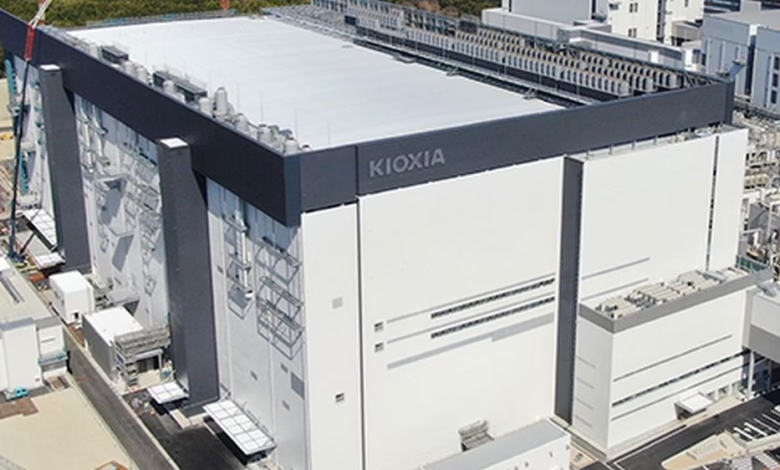Kioxia’s Next-Gen SSD Boosts AI Speed With Record IOPS

▼ Summary
– Kioxia plans to launch a new SSD for AI workloads, targeting 10 million IOPS using XL-Flash and a new in-house controller.
– The SSD’s high IOPS performance is crucial for AI and server applications, which rely on fast access to small files.
– IOPS measures small, random request speed, while GBps measures large file transfer speeds, highlighting different use cases.
– Kioxia’s broader storage efforts include the CM9 series for speed and reliability and the LC9 series for high-capacity databases.
– The company is developing future flash memory with more layers for capacity and new CMOS designs to balance performance and cost.
Kioxia is pushing SSD performance to new heights with a groundbreaking drive designed specifically for AI workloads, promising unprecedented speeds of up to 10 million IOPS. This next-generation storage solution combines the company’s proprietary XL-Flash memory with an advanced controller, targeting the intense demands of machine learning and data-intensive applications.
The key to this performance leap lies in the drive’s architecture. XL-Flash, a high-speed variant of SLC NAND, delivers faster response times compared to conventional flash memory. Paired with a custom-built controller, the SSD is engineered to handle massive volumes of small, random data requests, a critical requirement for AI training and inference tasks. Kioxia expects engineering samples to be available by late 2026, positioning it as a future contender in high-performance storage.
Understanding the difference between IOPS and GBps is crucial when evaluating storage for AI applications. While GBps measures raw throughput for large file transfers, IOPS reflects how swiftly a drive processes numerous small operations. AI workloads, which often involve accessing countless tiny data fragments simultaneously, benefit far more from high IOPS than sheer bandwidth. This distinction explains why Kioxia’s focus on IOPS could give it an edge in accelerating neural networks and real-time analytics.
Beyond this flagship project, Kioxia is expanding its storage portfolio to address diverse needs. The CM9 series, currently sampling to clients, prioritizes low latency and endurance to complement high-end AI accelerators like GPUs. Meanwhile, the LC9 lineup offers staggering 122TB capacities, catering to enterprises managing vast datasets. Underpinning these innovations is the 8th-gen BiCS FLASH technology, which incorporates CMOS Bonded Array (CBA) architecture to enhance both speed and power efficiency.
Looking ahead, Kioxia is exploring two parallel paths for future flash memory development. One approach stacks additional layers to increase density, while the other optimizes cost-efficiency by integrating new CMOS designs with existing cell structures. This dual strategy ensures the company can balance cutting-edge performance with economic viability, meeting the evolving demands of data centers and AI infrastructure.
For professionals seeking the latest advancements in storage technology, Kioxia’s roadmap signals a significant leap forward, one that could redefine performance benchmarks in the AI era.
(Source: TechRadar)